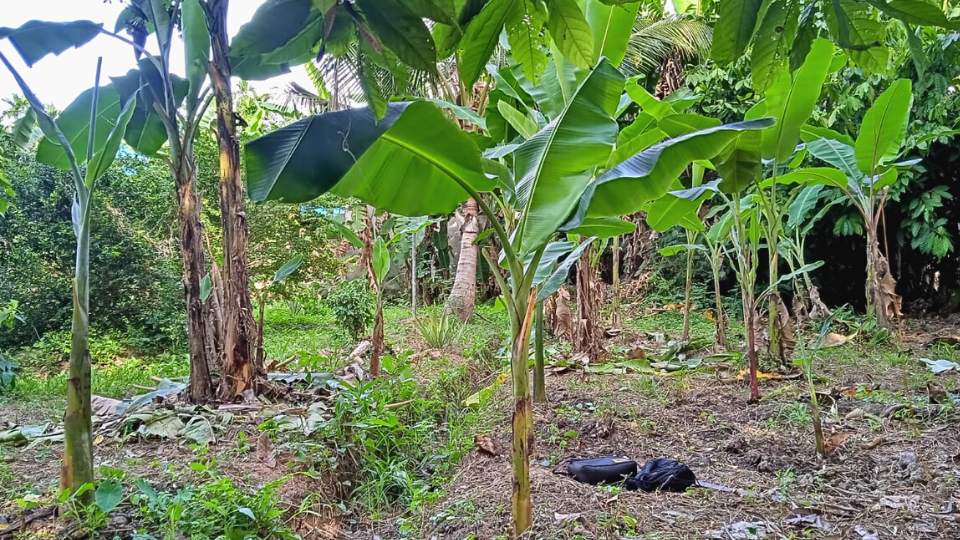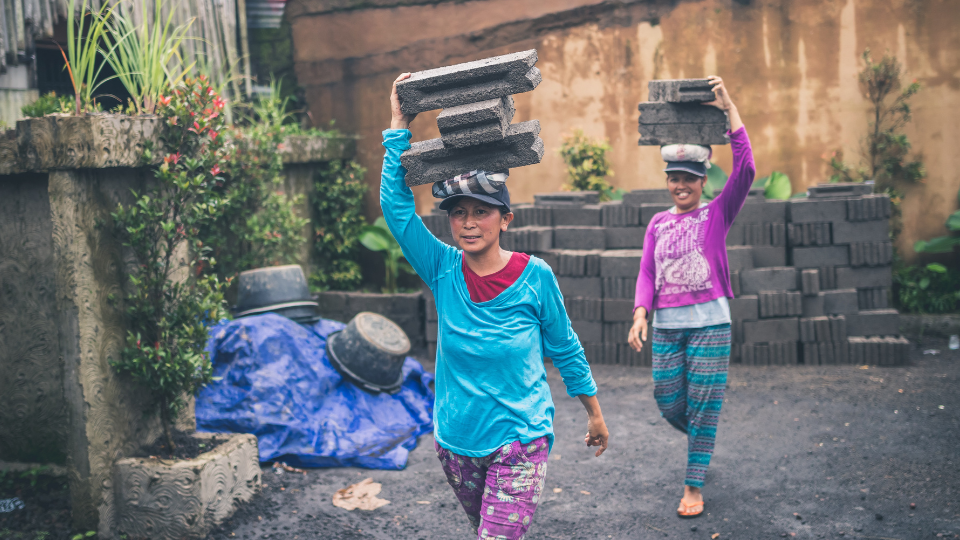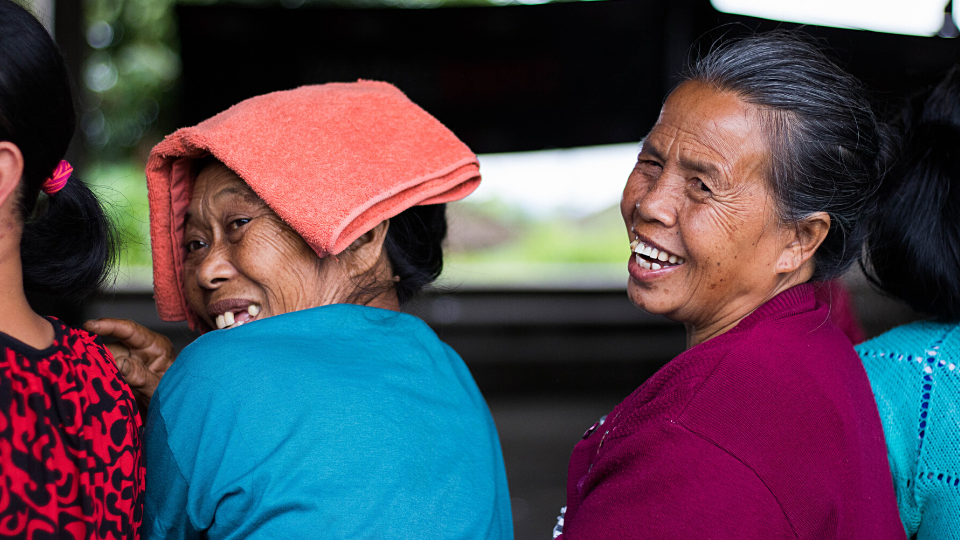Today’s post is written by Buzz Maxey, a CAMA staff member serving in Indonesia.
MORE THAN JUST A FARM
A few weeks ago, we visited Lincoln* and Star*, a CAMA couple serving among an unreached people group on our island alongside Brad* and Abby*, a pair of aXcess workers. As we drove to their experimental farm, we saw Brad helping local men fix potholes in the street. He was covered in dust and dripping with sweat but having a great time as he joked with them while shoveling gravel. When we arrived, Star and Abby were preparing to lead a routine Zumba class where local women have been exercising and finding community. Lincoln was preparing to show some local visitors the milk goats the team had been raising.
After yelling a greeting to several fellow soccer players riding by, Lincoln invited us to join in on the tour he was about to give. As we walked around the farm, we learned of how the team had been successful in growing several organic vegetables without the use of pesticides. They had introduced new crops like okra, hibiscus, Surinam cherry, as well as forage crops for feeding cattle and goats. Their unique farm has been attracting local farmers, with the biggest pull being the new breed of goats they are raising. Their team’s goal is to learn all they can from the local farmers as they share agricultural innovations they have learned themselves.

WALKING ALONGSIDE THEM
Later on, the team attended the funeral for the husband of Nali*, a woman from Star and Abby’s Zumba team. The team sat and cried with her and her family in their home before going to the graveyard with the funeral procession. Afterwards, they came back to her house to drink tea and to provide comfort as friends and family came and went. No foreigners had ever done this before in this community, and the neighbors were amazed. Everyone knows that they are “Nasrani,” or Christ followers, but through the power of presence, the community has come to also know that these two couples and their kids love them and are here to walk alongside them.
FOLLOWING CHRIST’S EXAMPLE
In Matthew 11:2-5, when John the Baptist’s disciples asked Jesus if He was the Messiah, He simply answered, “the blind receive sight, the lame walk, lepers are cured, the deaf hear, the dead are raised, and the good news is preached to the poor.” Our ministries should follow Christ’s example. Too often, we chop the word of God up into pieces with our western world view. If we remove our cultural lenses, we see a very wholistic ministry portrayed within the gospel.
In the past, many Christian leaders have seen development as a tool for attracting people to the gospel or a means to get into a closed country. I would suggest that holding development out like a carrot to gain followers or using good deeds as a means of getting a foot in the door is not the correct approach. Most of those who follow will quickly disperse and feel betrayed when they see the real motivation. There are also leaders who still see development as just building bridges, digging wells, raising goats, or growing crops. For myself, the two couples on our island, and for over 70 CAMA staff members around the world, our work is way more than that. To us, development work IS Christ-centered ministry.

DISCIPLING OTHERS
Development done right leads to discipling people to become all that God intended them to be. It’s not just development projects that our people are involved in. Although we are often involved in projects that address people’s physical needs, the most important and certainly the most sustainable development takes place inside the mind and heart.
Development is about building unity, compassion, integrity, and love. As one development worker said, “our methodology is discipleship, with development being the outcome.” We should always be discipling people so that they may be empowered to use their gifts to love God and to love others. We don’t want a successful goat project but then have people care less for their neighbors. We don’t want a greater harvest of crops that only produces greedy people. It is far better to have all the goats die and the crops fail and have more Godly, generous, compassionate, honest, and loving people as the result. That’s the fruit that development strives for and to what we are committed to. However, it takes time.

BE TIME EXPENSIVE AND MONEY CHEAP
People development rarely happens quickly. It means being willing to fail in a project if that’s the way people grow and learn. It means slowing down our activities to develop deep relationships, build trust, learn from others, and slowly implement new innovations in the community. Too often we have seen projects fail simply because the pacing was too fast. As we “slow” our activities down, some amazing things can happen that will lead to sustainability. One development practitioner I know well has said that “good development is time expensive and money cheap.” However, the present trend is to make a budget, finish the project, and liquidate the funds in the allotted time. Too often the projects I see are money expensive and time cheap, and that only results with rusting equipment, broken water pumps, and beat-up people.
COMMITTED FOR CHRIST
The four ambassadors on the island farm are in it for the long haul. Lincoln, Star, Brad, and Abby have learned the language and have trained in development, agriculture, and theology. They understand the context and are experts in the culture and belief system of the people. They have taken the time to build relationships, be present in the community, and to mourn with those who morn. They are doing the hard work of authenticating the gospel in both word and deed.

As we left the farm, there were three little neighbor girls swinging on the tire swing that Lincoln had put up. The girls smiled and waved to us as we passed. As we headed out the driveway, we noticed Brad still shoveling gravel in the street. Lincoln turned to head back up to the garden, and Star and Abby returned to Zumba planning. Each of these workers is committed to doing what Jesus proclaimed – ministry in DEED.
*Name changed